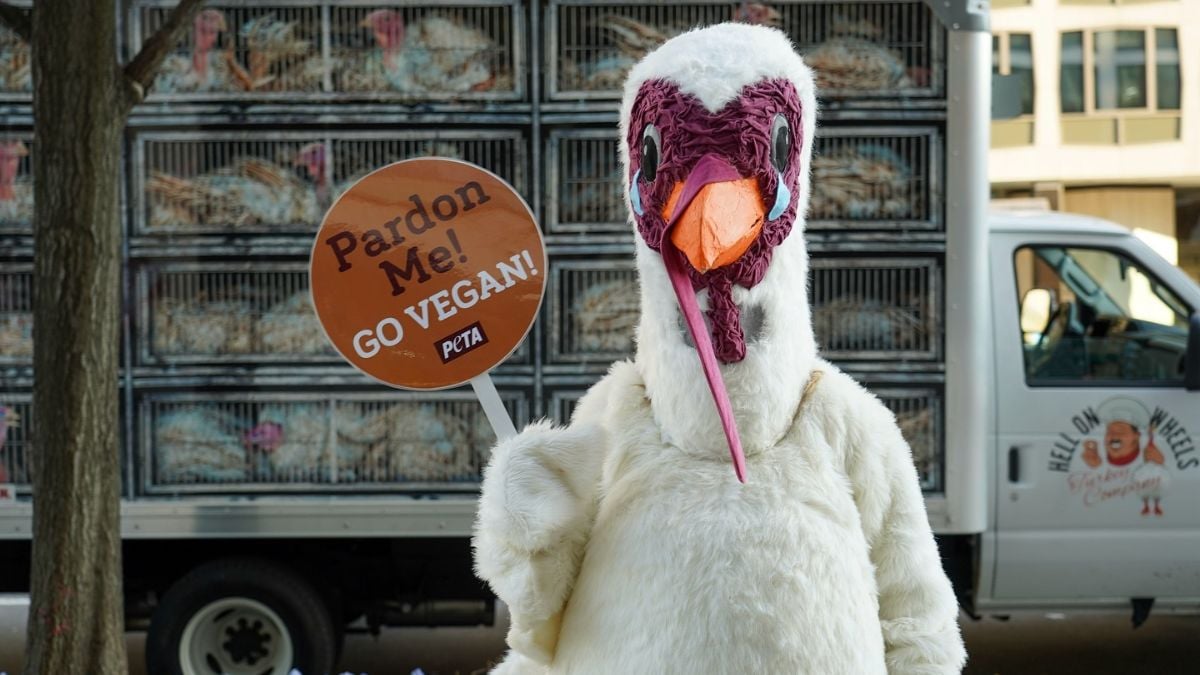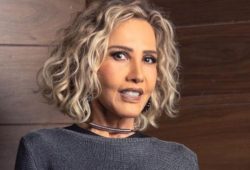
Butterball, one of the most recognized turkey brands in the United States, has faced renewed scrutiny following the resurfacing of a graphic video documenting alleged animal abuse at one of its facilities. Originally captured in 2006 by People for the Ethical Treatment of Animals (PETA), the footage has sparked outrage on social media, with many calling for a boycott of the brand just before Thanksgiving. Here’s a detailed look at the key facts and issues surrounding the controversy.
What Allegations Were Made Against Butterball in 2006?
Between April and July 2006, an undercover investigator working for PETA documented shocking instances of animal cruelty at a Butterball facility in Ozark, Arkansas. According to the investigator’s account, workers engaged in severe physical abuse, including punching, stomping, and throwing turkeys against concrete.
The most disturbing allegations include a worker allegedly shoving his fingers into a turkey’s cloaca for “fun”; instances of employees simulating sexual acts with the birds and brutal handling that led to turkeys suffering broken bones, exposed spines, and popped eyeballs.
The facility reportedly processed over 50,000 turkeys daily, with many subjected to these inhumane practices. Despite the documentation, no charges were brought against Butterball in this specific case, although some employees faced legal repercussions in later investigations.
How Has Butterball Responded to the Allegations?
Butterball has addressed the resurfaced footage, emphasizing that the video is nearly two decades old and does not reflect the company’s current practices. A company spokesperson stated to Daily Mail:
‘Animal care and well-being is central to who we are as a company, and we are committed to the ethical and responsible care of our flocks. That means maintaining the health and well-being of our turkeys is an ongoing effort”.
Butterball also highlighted that it remains the only turkey producer certified by American Humane, reinforcing its commitment to ethical animal welfare practices.
The spokesperson mentioned that Butterball undergoes annual inspections by an independent organization to ensure that its facilities adhere to over 200 scientifically-based best practices for turkey care.
Why Did the Video Resurface Now?
The footage reappeared on social media platforms just days before Thanksgiving, a time when turkey consumption peaks in the U.S. Many social media users expressed disgust and shared their intention to boycott Butterball products, with some returning recently purchased turkeys.
PETA’s Vegan Campaign Manager, Amber Canavan, noted the timing of the video’s resurgence as strategic, aiming to influence consumer behavior during the holiday season. “The response we are seeing from people online is exactly what any animal advocate wants to see right before Thanksgiving”, she said.
What Changes Have Been Made in the Industry Since the Investigation?
The poultry industry has faced increasing pressure to improve animal welfare standards over the years. Following various undercover investigations, including those targeting Butterball, some notable changes include:
- Implementation of Animal Welfare Standards: Industry-wide guidelines have been developed to address handling, housing, and slaughter practices.
- Third-Party Audits: Many facilities, including Butterball, now conduct regular audits to ensure compliance with humane standards.
- Public Awareness: Consumer advocacy and campaigns by organizations like PETA have led to greater transparency and accountability.
- Despite these measures, animal rights groups argue that abuse remains prevalent in the industry, citing ongoing investigations that reveal similar issues.
What Are the Alternatives for Thanksgiving?
As outrage over the Butterball scandal grows, PETA and other organizations have been urging consumers to explore cruelty-free alternatives. Options include:
- Plant-Based Roasts: Brands like Tofurky and Gardein offer vegan turkey substitutes.
- Creative Dishes: Many plant-based recipes replicate traditional Thanksgiving flavors without animal products.
Canavan emphasized, “It’s never too late to make compassionate choices. This Thanksgiving, spare a turkey and try a vegan alternative”.
While Butterball insists that the practices documented in the 2006 video are not reflective of its current operations, the controversy has reignited discussions about animal welfare in the poultry industry. Advocacy groups are likely to continue pushing for stricter regulations and increased accountability.
For consumers, the decision may come down to aligning their purchases with their values. As the conversation about ethical food production grows louder, companies will face greater scrutiny to ensure their practices meet public expectations.










